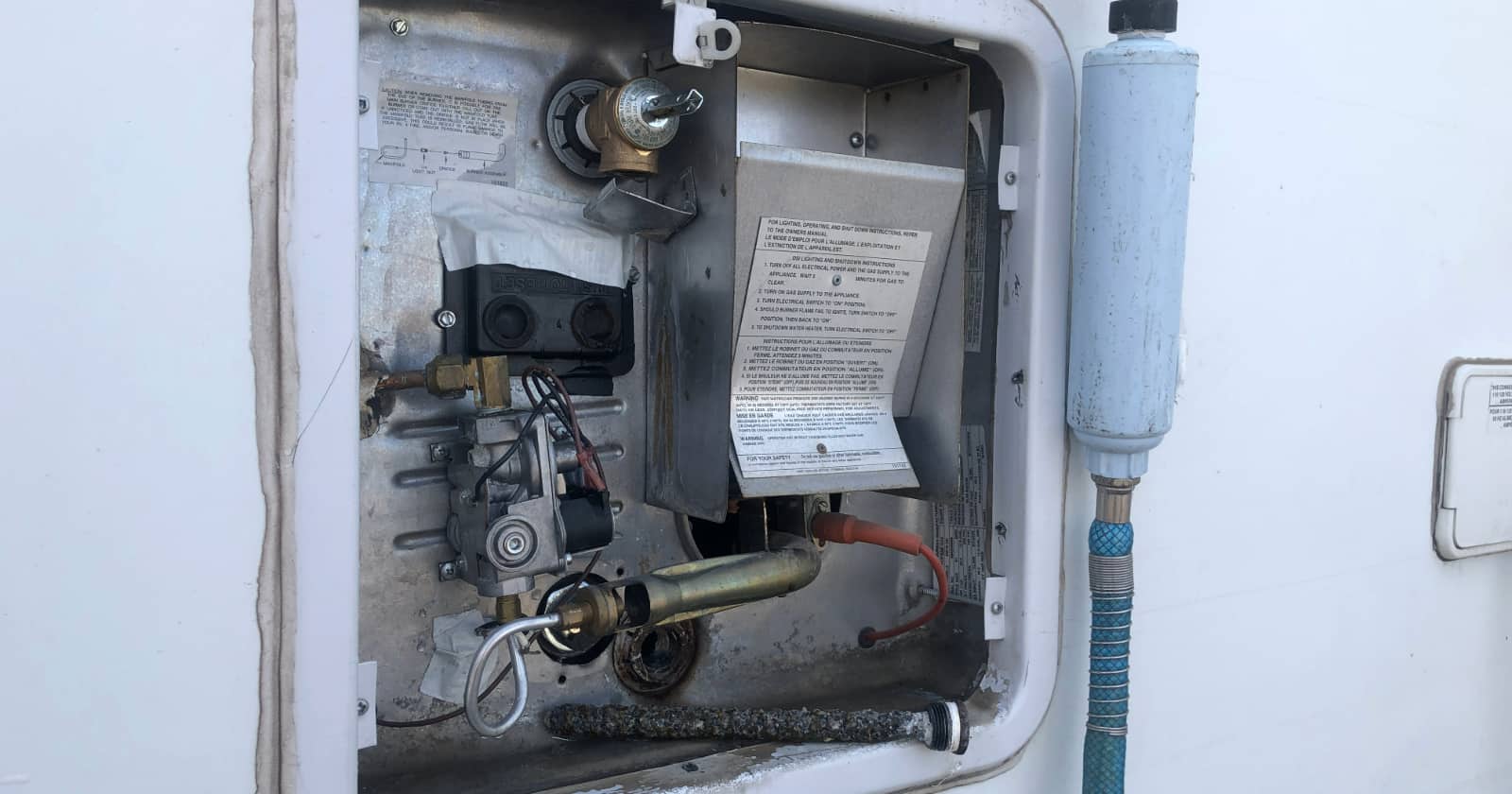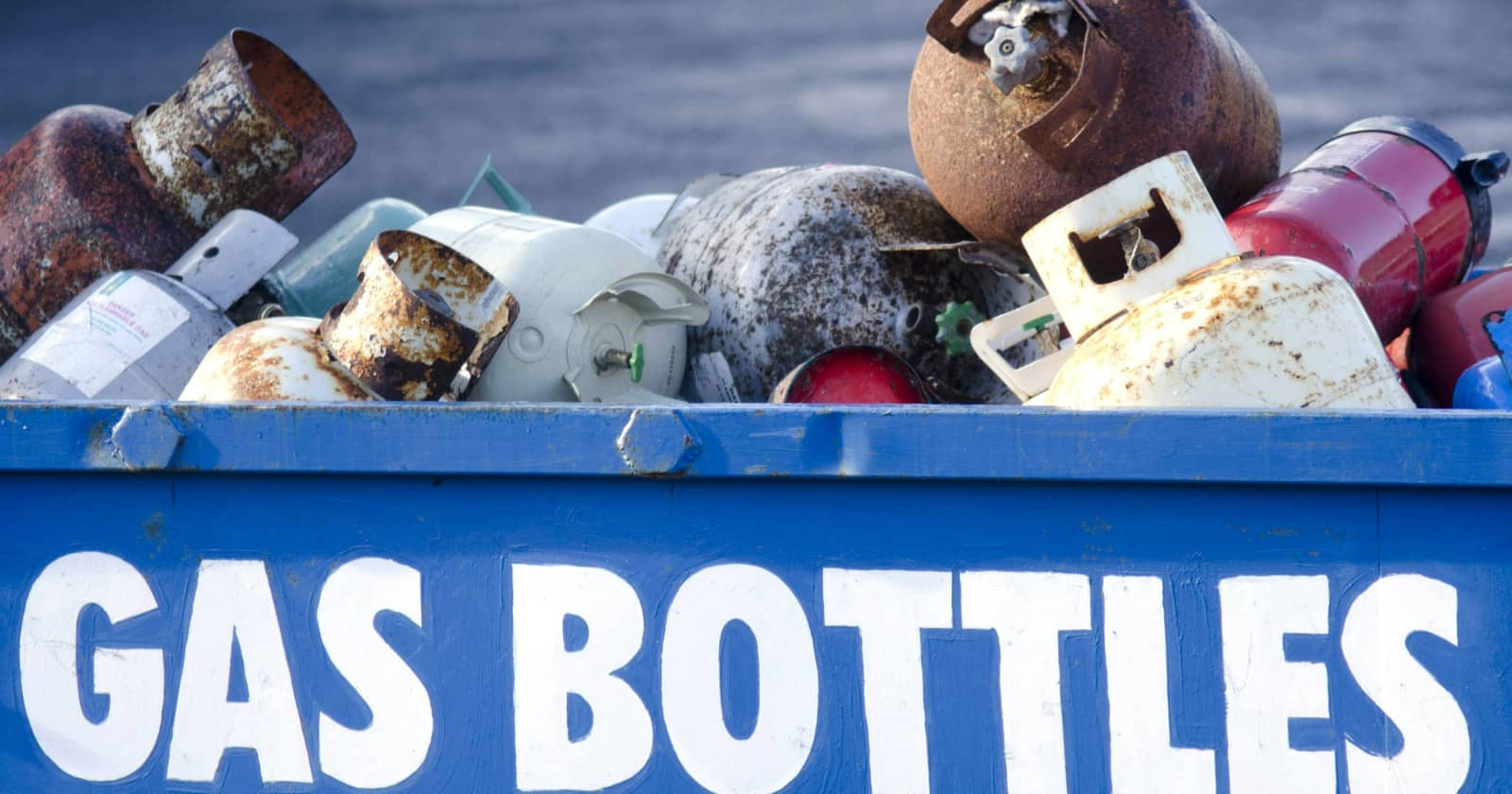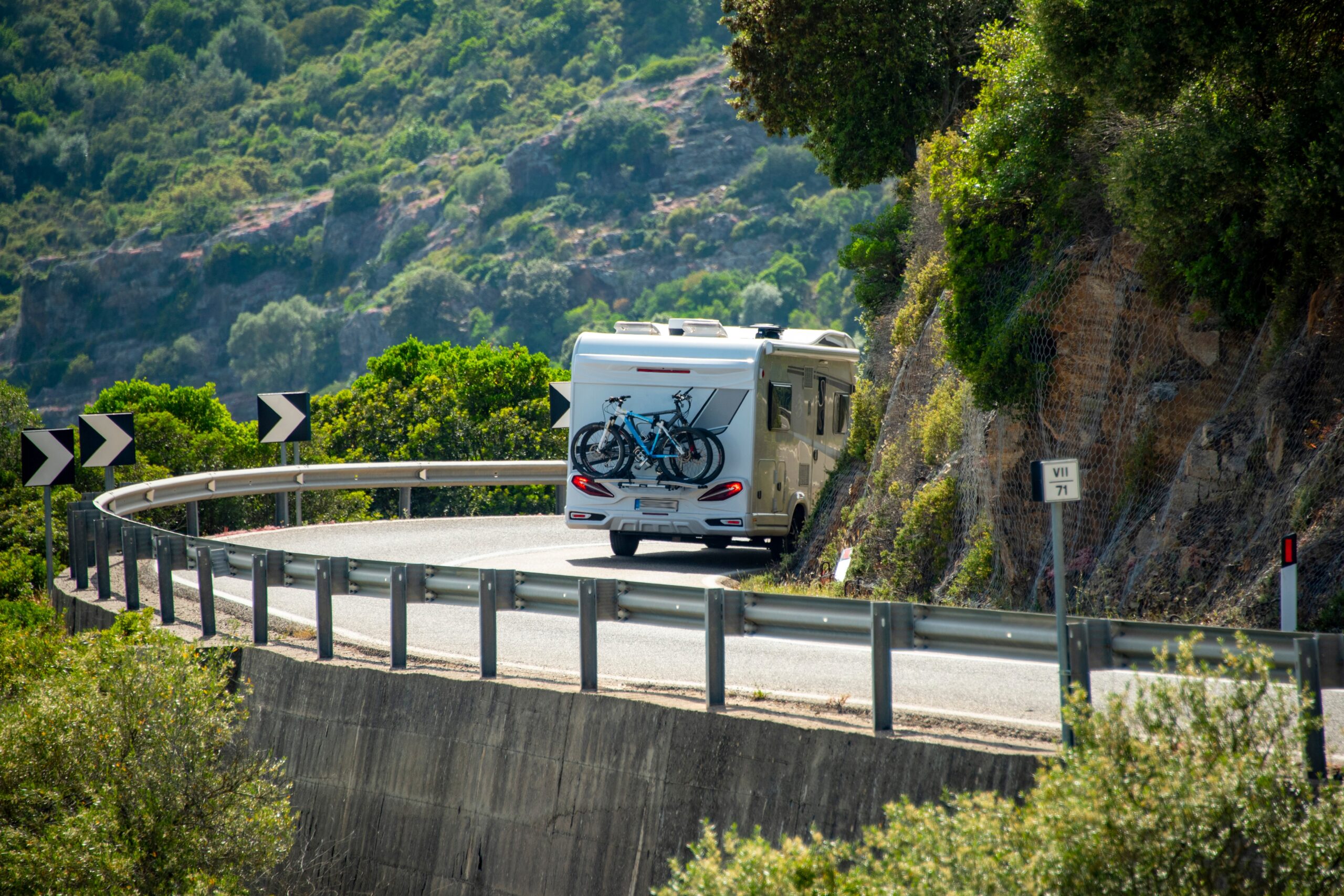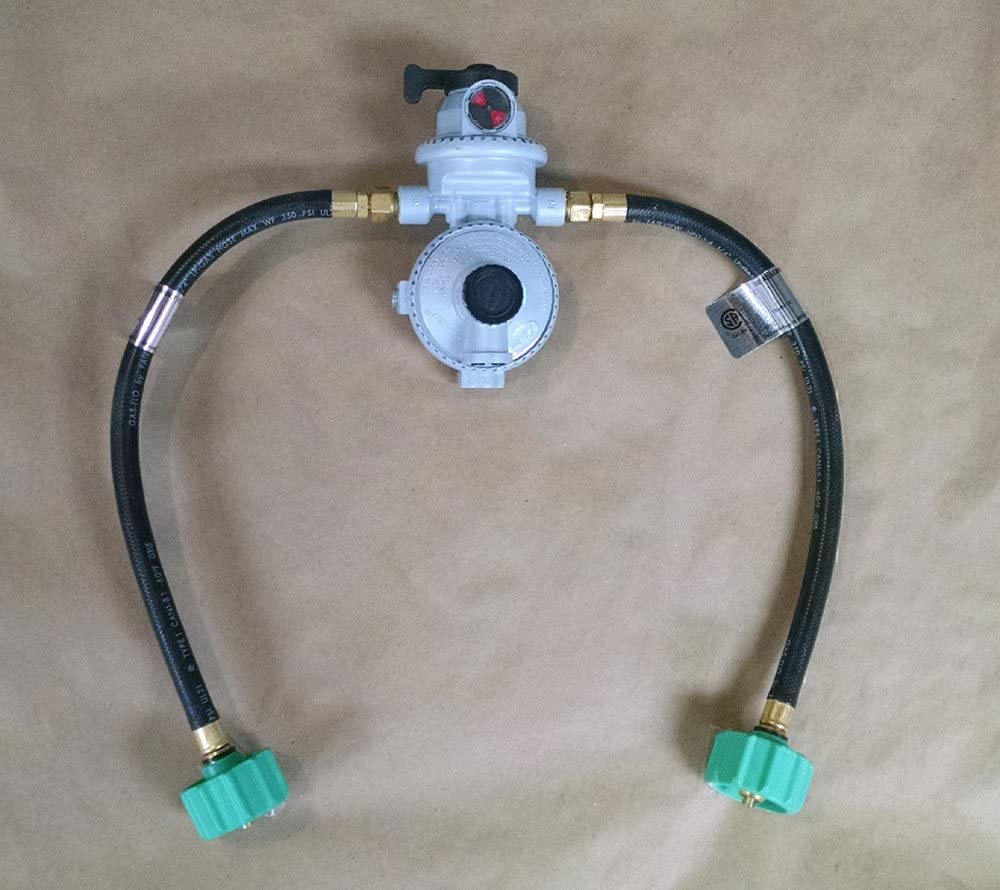
What Is An RV Propane Regulator (And Why You Need One)
An RV propane regulator is an important component of any RV containing propane appliances. Without an RV propane regulator, you would be unable to safely enjoy the many conveniences that propane-powered appliances provide.
As Amy Stermer from RVshare describes,
“The propane system is an important part of making your RV comfortable, convenient, and cozy. It allows you to access and operate your gas-fueled appliances, heats up your coach when you’re stopped on a cold night and heats water for showers and washing up. However, the flammability of propane is not to be taken lightly. You’ve got to respect it and be extra cautious with all of the parts of your RV’s propane system.
That’s why a high-quality RV propane regulator is so critical: it’s the thing that metes out your propane, granting you all those conveniences while keeping you from, you know, blowing up. (Like we said, it’s important!)”
What does an RV propane regulator do?
The RV propane regulator regulates the high pressure propane gas coming out of your propane cylinder(s) by reducing it to a much lower and safer pressure for consumption by your propane appliances.
RV propane regulators come in single stage and two stage varieties. Single stage regulators are often found on propane grills or burners used outdoors where variation in pressure is not essential for proper operation. A two stage regulator (required for RVs) is mandated where constant pressure is critical for proper operation of appliances like the furnace, refrigerator, water heater, etc.
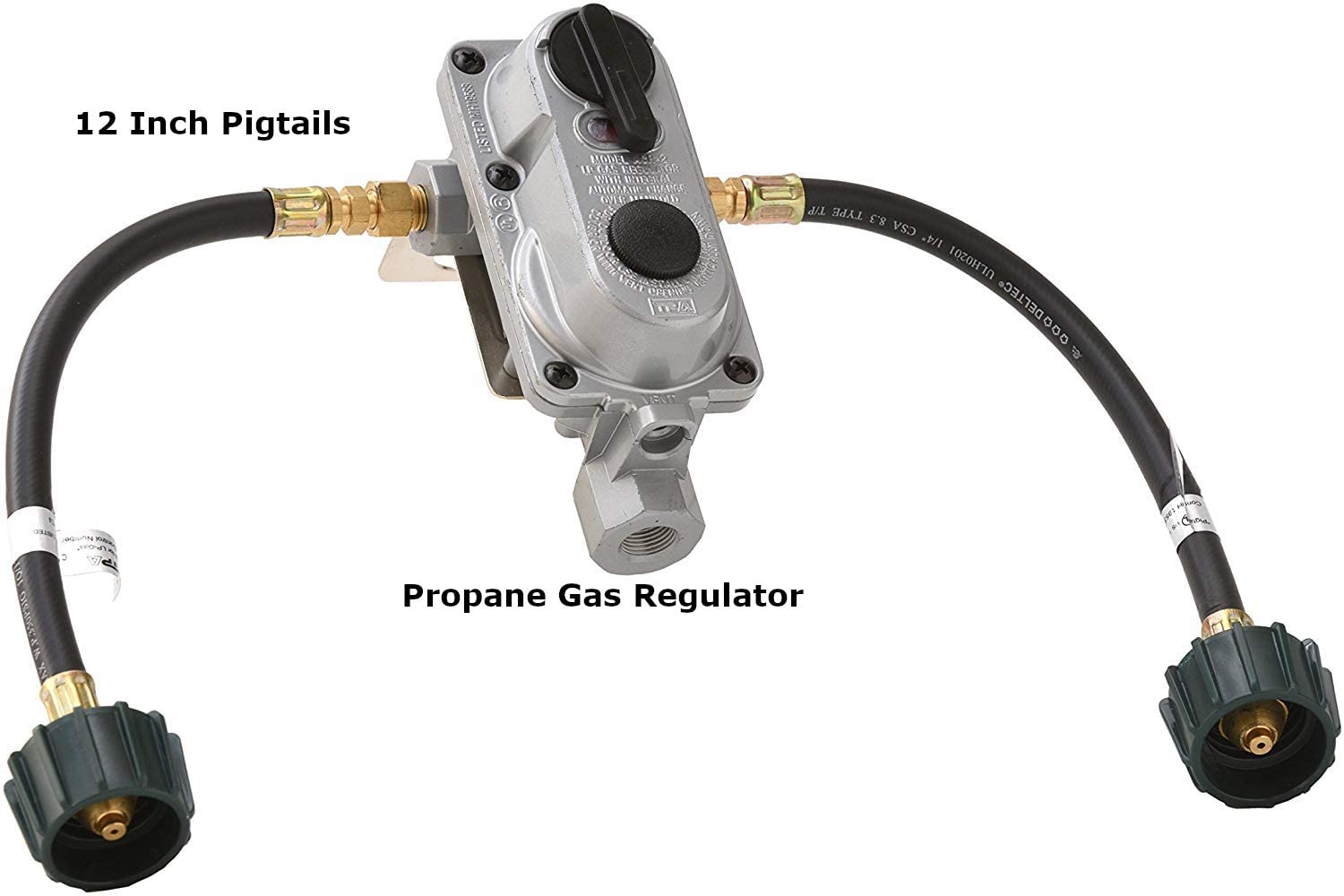
Why you need an RV propane regulator?
The first stage in a 2-stage regulator lowers the gas pressure from the propane cylinder(s) which is sometimes as high as 250 PSI to around 10 – 15 PSI. The second stage further refines the pressure down to a very steady and safe low pressure of 11 inches of water column which is required by RV appliances.
For those that are interested, 11 inches of water column is less than .5 PSI. Any fluctuation in gas pressure above or below 11 inches of water column will cause the appliance to operate erratically, if at all. Without an RV propane regulator, high pressure gas from the propane cylinder(s), potentially containing 500 times more pressure than your appliances were designed to operate on, would enter the propane system in the RV, which is not a good thing!
Never, under any circumstance, remove the RV propane regulator from the propane system of your RV and try to operate the propane appliances.
Fortunately, RV propane regulators are very dependable and require little care.
Caring for your RV propane regulator
- A 2-stage regulator contains two vents. A small vent hole in the first stage and a much larger, obvious vent opening on the second stage. The vent openings should be aimed downwards (especially the larger vent) to prevent moisture, ice, and debris from accumulating in them.
- While propane is commonly referred to as LPG (Liquefied, Petroleum Gas) your regulator is only designed to process the vapor that is drawn off the top of your propane cylinders, not the liquid propane in the cylinder itself. A propane cylinder that is overfilled has the potential of allowing liquid propane to enter your regulator causing damage. If you suspect your propane cylinder has been over filled, ask the filling attendant to bleed off the excess liquid propane.
- Keep your regulator covered if it is not located in a protected space with the cylinder(s). Plastic covers that snap over the regulator are available at most RV dealers.
- Under normal operating conditions, your propane regulator will produce a “humming” sound which is considered normal.
- If you suspect the pressure needs to be adjusted on your regulator, have a trained technician make the adjustment.
- Never attempt to repair a propane regulator.
Here’s a short video with the late Gary Bunzer “The RV Doctor” explaining how RV propane regulators work:
See also: 4 Ways To Save On Propane While Camping

